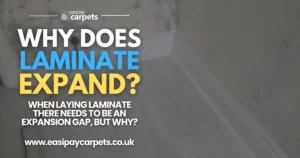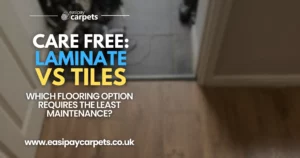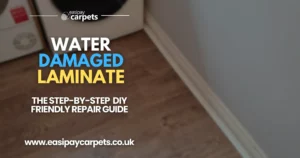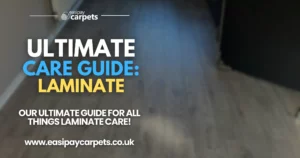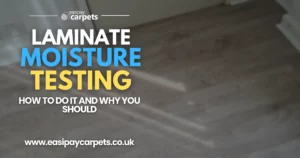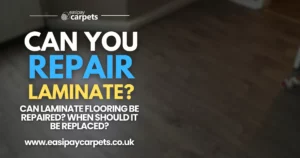
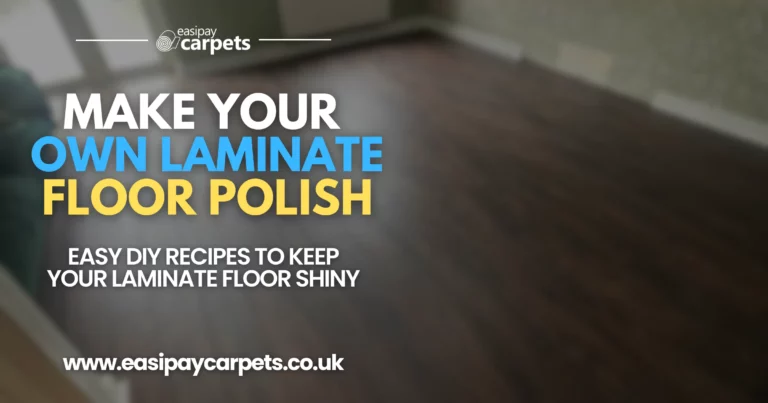
DIY Laminate Floor Polish Recipes
Laminate flooring is a popular choice among homeowners for its affordability, ease of installation, and attractive finish. However, over time, even durable laminate can lose its shine, appearing dull and worn. Commercial floor polishes can sometimes be costly and contain chemicals you’d rather avoid in your home. Fortunately, making your own laminate floor polish at home is straightforward, inexpensive, and effective.
In this guide, we’ll share several DIY laminate floor polish recipes using common household ingredients. You’ll learn exactly how to mix, apply, and maintain your laminate floor’s shine easily and safely.
Why Make Your Own Laminate Floor Polish?
Cost-Effective
Homemade floor polishes are significantly cheaper than commercial alternatives, often using ingredients already found in your kitchen or pantry.
Safer Ingredients
DIY recipes typically avoid harsh chemicals, ensuring your flooring stays clean without harmful residues that may affect children, pets, or sensitive individuals.
Customisable Results
You can easily adjust the strength, scent, or ingredients based on your preferences or specific floor type.
DIY Laminate Floor Polish Recipes
Recipe 1: Vinegar & Warm Water Polish (Everyday Shine)
Ingredients:
- 1 cup white distilled vinegar
- 4 litres warm water
- Optional: A few drops of essential oil (lemon, lavender, or eucalyptus for fragrance)
Instructions:
- In a bucket, combine vinegar and warm water.
- Add essential oil drops if desired.
- Dip a microfiber mop into the solution, wring it until damp (never soak laminate flooring).
- Mop your laminate floor gently, working in sections.
- Allow floors to air dry. No rinsing needed.
Why It Works:
Vinegar gently removes dirt and grime while leaving a natural streak-free shine. This mild solution is ideal for regular maintenance.
Recipe 2: Alcohol-Based Laminate Floor Shine (Fast Drying & Streak-Free)
Ingredients:
- 1 cup isopropyl (rubbing) alcohol
- 1 cup distilled white vinegar
- 4 litres warm water
Instructions:
- Combine the alcohol, vinegar, and warm water in a bucket.
- Use a microfiber mop or cloth to apply the solution sparingly.
- Mop the floor, ensuring it’s just damp and never soaked.
- Allow floors to air dry quickly.
Why It Works:
Alcohol evaporates quickly, making this ideal for laminate flooring. It removes dirt effectively, leaving a spotless shine without water damage risk.
Recipe 3: Baking Soda Paste (Spot Cleaning & Polish)
Ingredients:
- 2 tablespoons baking soda
- Warm water (as needed, to form a paste)
Instructions:
- Mix baking soda and warm water to create a thick paste.
- Gently rub the paste on stained or dull areas using a soft cloth.
- Allow the paste to sit for a few minutes.
- Wipe away gently with a damp microfiber cloth.
- Finish by wiping the area with a dry microfiber cloth.
Why It Works:
Baking soda gently lifts stains and marks without scratching the laminate surface. It’s an excellent method for spot treatment.
Recipe 4: DIY Laminate Floor Revitaliser (Extra Glossy Finish)
Ingredients:
- ½ cup distilled white vinegar
- ½ cup olive oil
- 10-20 drops lemon essential oil (optional)
Instructions:
- Combine vinegar, olive oil, and lemon essential oil (if using) in a spray bottle.
- Shake vigorously before use.
- Lightly spray onto laminate flooring.
- Immediately polish using a clean, dry microfiber mop or cloth.
- Buff until the floor shines, working in small sections at a time.
Why It Works:
Olive oil provides an impressive shine and nourishment, while vinegar cleans and lemon oil adds fragrance and antibacterial properties.
Tips for Applying Homemade Laminate Floor Polish
- Always Clean First: Sweep or vacuum the floor to remove dust before applying polish.
- Never Soak Laminate Flooring: Excessive moisture damages laminate. Always wring mops thoroughly.
- Test First: Apply polish to a small, inconspicuous area first to ensure the solution doesn’t react negatively with your flooring.
- Buffing is Key: For a high-gloss finish, buff gently with a soft, dry cloth after polishing.
Maintenance Tips for Keeping Laminate Floors Shiny
- Sweep regularly to prevent dirt and grit from dulling the surface.
- Use rugs or mats at entry points to minimise dust and debris.
- Place felt pads under furniture to prevent scratches and scuffs.
- Avoid harsh chemical cleaners or abrasive scrubbing pads.
- Schedule routine DIY polishing every few weeks or monthly, depending on foot traffic.
Conclusion
Creating your own laminate floor polish recipes at home is both practical and economical. These DIY solutions use safe ingredients readily available in your pantry and effectively restore your flooring’s shine. With regular maintenance and simple homemade polishes, your laminate flooring can look beautiful and vibrant for many years.
Are you on the hunt for new flooring? With Easipay Carpets you can get the flooring of your dreams from as little as £10 per week, completely interest free! We offer Carpets, Vinyl and Laminate flooring with free underlay, door bars, carpet grippers and beading wherever needed on payment plans that spread the cost of the flooring into smaller, more manageable payments. Find out more at the button below!
Still Got Questions? Here's 10 FAQs!
Vinegar diluted properly is safe, but always ensure the mop is damp, not wet.
Once every 2-4 weeks is ideal, depending on traffic and usage.
Yes, in small quantities, essential oils add fragrance without damage.
Microfiber cloths or mops provide the best streak-free finish.
Use sparingly and buff thoroughly; when properly applied, it leaves a shine without slipperiness.
Yes, diluted rubbing alcohol is effective and safe due to quick evaporation.
No, baking soda gently lifts stains without scratching.
Yes, store homemade solutions in airtight containers and shake well before each use.
Avoid bleach, ammonia, undiluted vinegar, wax-based polishes, and abrasive cleaners.
These gentle recipes are usually safe for tiles, vinyl, and linoleum; however, always test first in an inconspicuous spot.
